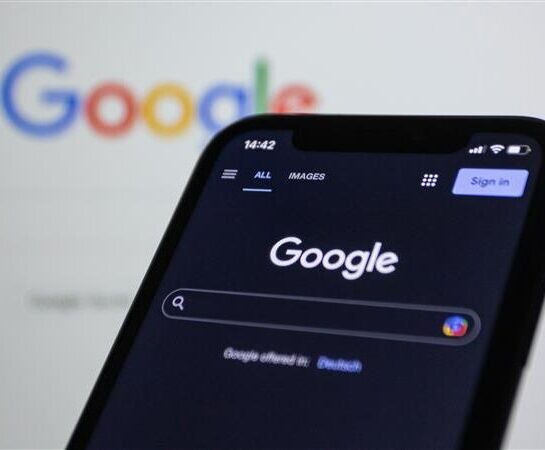Personalisation sits at the very core of what marketing is. We explore the importance of tailoring your marketing communications to business sectors as well as individuals.
Personalisation sits at the very core of what marketing is. When possible, every piece of marketing activity, no matter how big or small, should be personalised, even if not explicitly so. Why? Because if you don’t communicate your message using words, in a tone and through channels that are appropriate for your target audience, it will stumble at the first hurdle. Spending time to really understand your customers, and why they would bother with what you are marketing, is that crucial first step of getting off on the right foot with them. Marketing is the thinking before you speak.
What is personalised marketing?
Personalised marketing, in the traditional sense, can be something as basic as sending out a marketing email that uses a personalised salutation to something more sophisticated, such as serving up visitors to your website tailored content based on their viewing and purchasing habits.
Mailchimp describes personalised marketing as:
If personalisation sits at marketing’s core then it’s important to consider it at every step of the marketing funnel; from the initial research you gather to help inform your messages to the channels used to deliver them, and everything in between. However, there is a fine balance to strike. Marketing shouldn’t feel intrusive to your customers; it should feel intuitive. It shouldn’t feel like spying to your audience, but speaking to your audience.
Does automation hold the answer?
Marketing automation platforms, such as HubSpot or Pardot, are great tools for making personalisation easier. They not only give marketers complete oversight over all aspects of their digital marketing channels (inboxes, emails, social media, website, et al), and how their customers engage with these channels; they also help to automate the process by linking all these channels together and making them work smarter with one another.
But whilst technology has a crucial time-saving part to play when it comes to personalised marketing, the human touch is still vital, and just as important. This is required to create the content being served and the messages being communicated. The technology and algorithms working behind the scenes can almost be seen as the invisible switchboarders, helping to link prospects with the right solutions based on what they’re searching for or what interests them. Marketers still have to answer the call and be at the end of the phone with the right message, in the right tone, at the right time.
Relevance is key
Marketing messaging should always be clear and benefits-led to make it easy for people to justify making that purchase. The most effective messages are those that use benefits that are relevant and feel personal to your audience. Your product/service might have numerous benefits that appeal to different business sectors in different ways. If that’s the case then it’s important to determine and communicate what benefits are relevant and personal to each. For B2B, benefits usually boil down to one of three things (all three if you have a super product/service):
- reduce time/waste
- increase revenue/productivity/sustainability
- stay safe/compliant
When marketing your product/service to someone in a compliance role, the safety/compliance benefits will be the most relevant and will therefore take priority. For someone in a manufacturing role, reducing time/waste and increasing efficiency is more likely to get a reaction. This doesn’t just apply to job titles though, but business sectors too.
Say for instance that you decide to run a campaign to encourage customers to switch to online ordering. It would be fair to assume that different business sectors will be looking for different things from such a service. If you have customers in the hospitality industry who work late into the night, the flexibility of being able to place an order 24/7 is a huge benefit. For others, having a digital order trail and previous order history to help make reordering effortless, might be more beneficial.
Messages shouldn’t be scattergun, throwing as many benefits at everyone and hoping some of them stick. They should be considered and tailored towards business sectors as well as individuals. This can be achieved by carrying out market research, conducting and analysing case studies and asking two questions:
- Why do you purchase X? (to your current customers)
- What would make you purchase X? (to your prospects)
If your marketing is to be successful then what you say has to be relevant, consistent, and, above all else, speak to your audience. Simply addressing them by their first name in a HTML email isn’t enough, personalisation is so much more than that.
Read about some of the successful personalised marketing campaigns we’ve created for our clients in the past:
- How a powerful brand and accurate targeting can launch a whole new way of working
- Boosting ROI for BOC
- Show Some Love campaign
- Hexagon MSC Smarter Futures Global Sales Kick-off
Take the next step in digital marketing transformation.
As a business leader, you know the importance of staying ahead of the game in today’s digital world. Don’t get left behind, take the next step in your digital marketing journey with us. Whether you’re looking for advisory and consultation, workshops and evaluations, or data-driven marketing technology, we’ve got you covered. Fill out the form below to schedule a consultation with our team and see how we can help drive your business forward.





